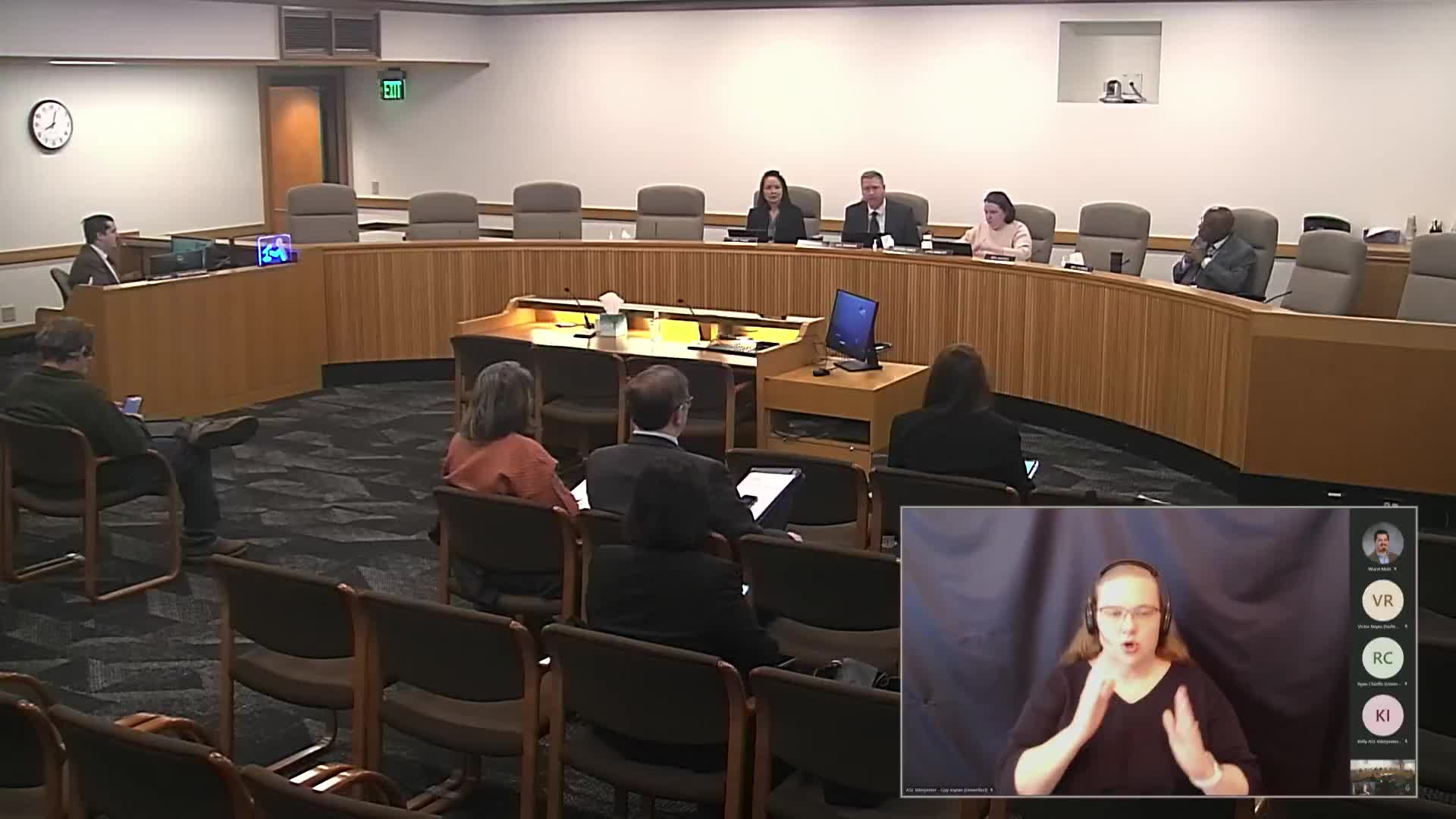Article not found
This article is no longer available. But don't worry—we've gathered other articles that discuss the same topic.
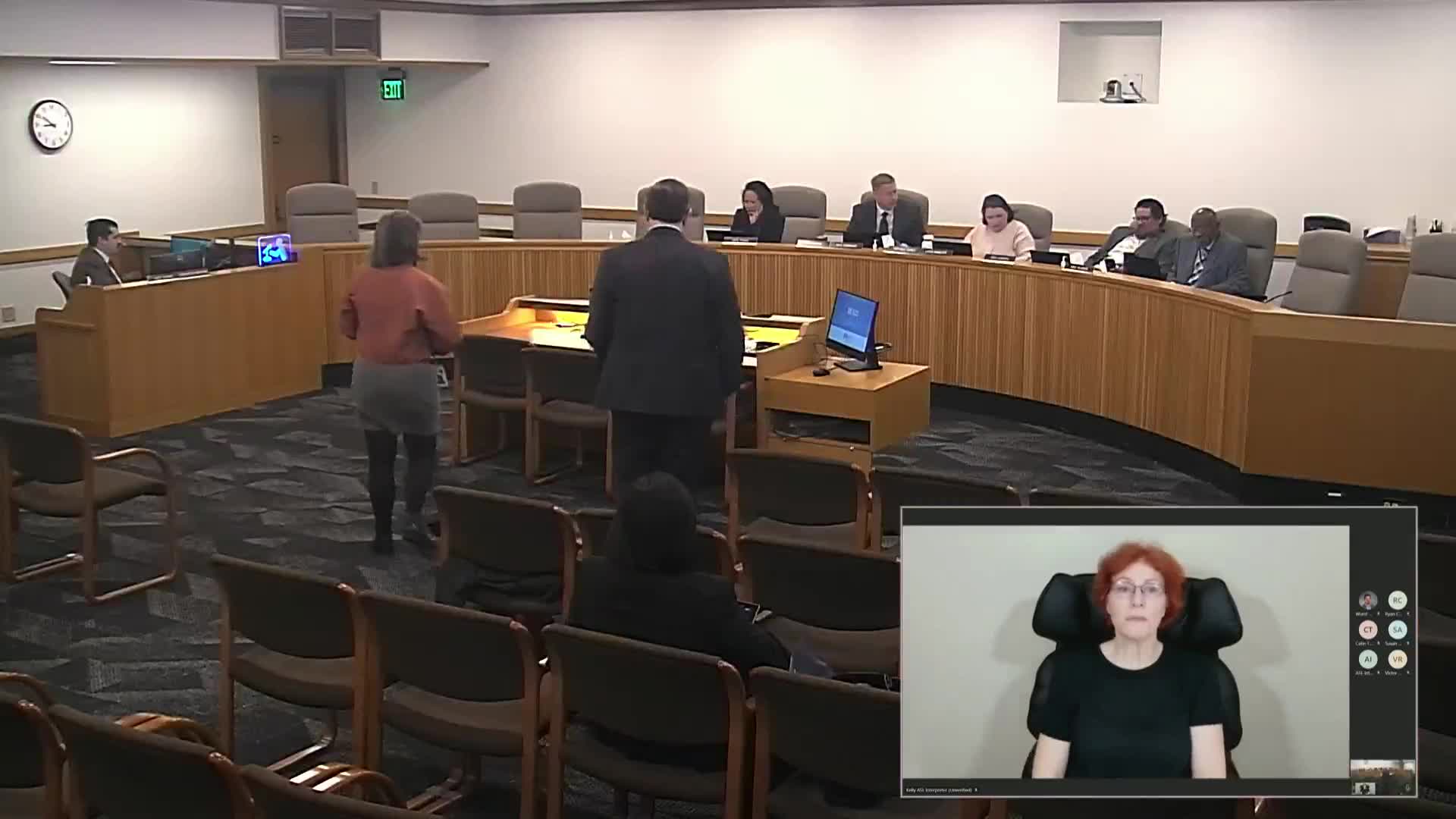
State insurance regulator seeks new NAIC-aligned solvency tools; insurers support confidentiality amendment
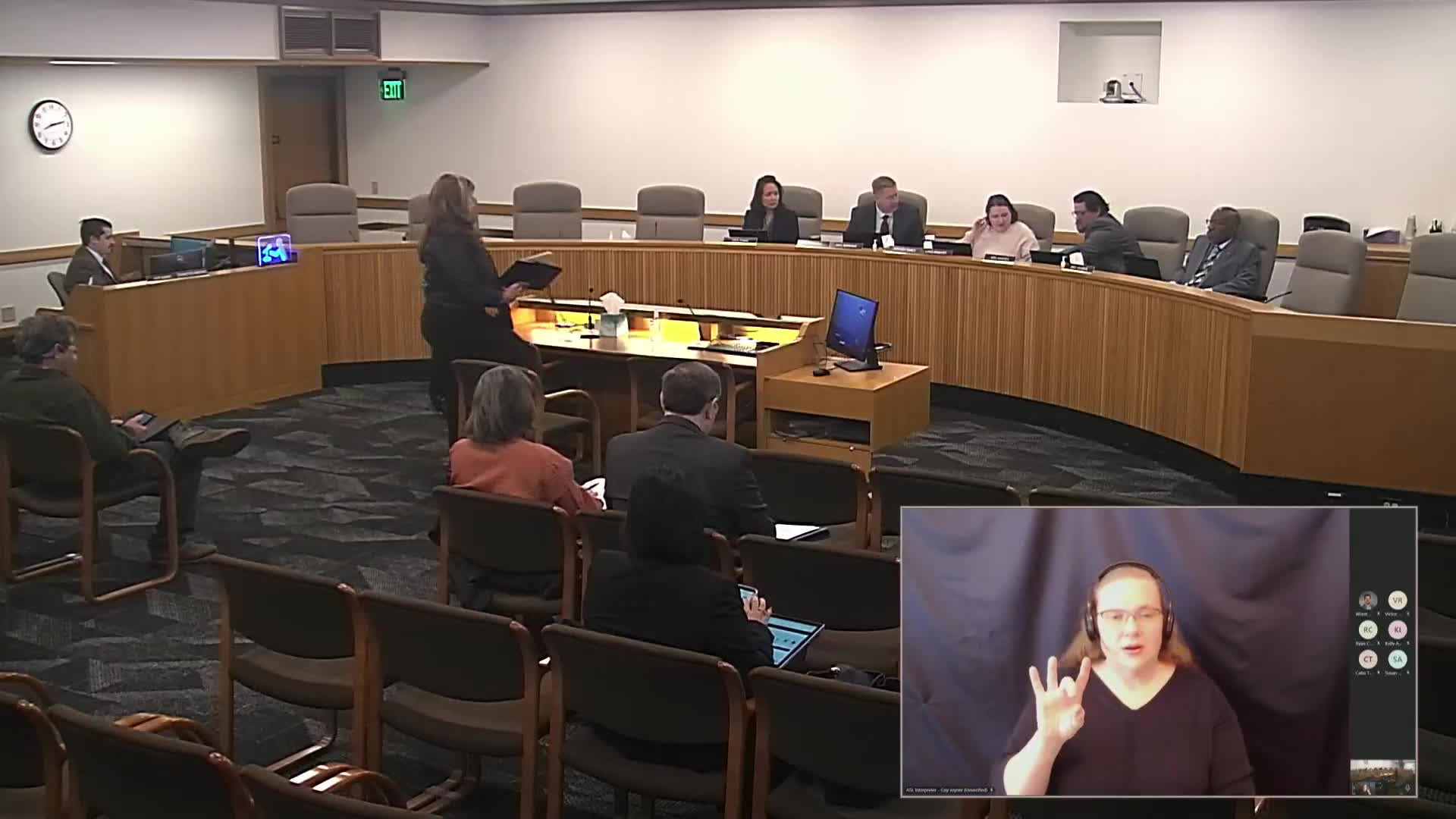
Bill would require verified owner consent before psilocybin or marijuana licenses issued
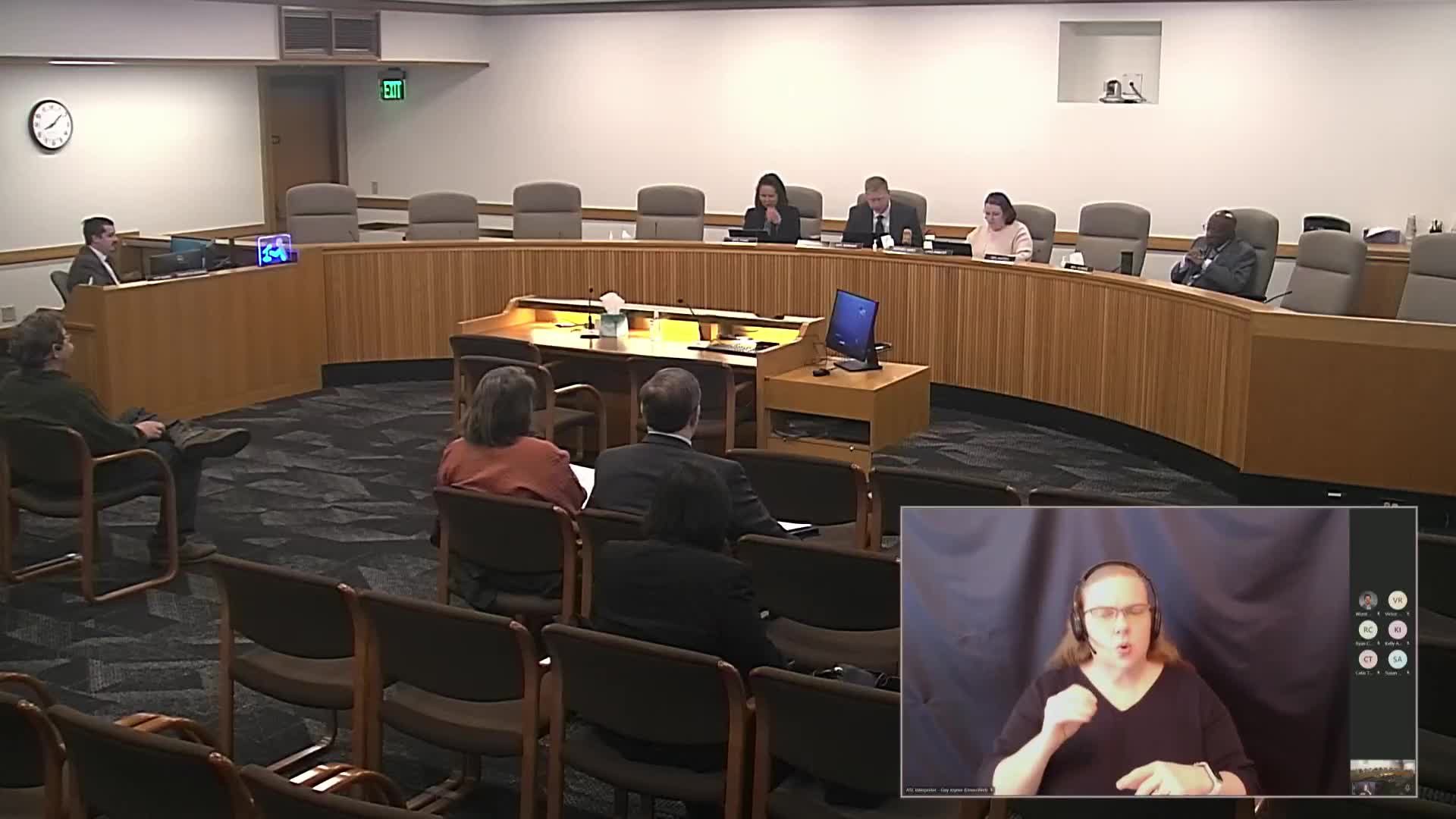
Bill would let retailers keep invoices three years instead of monthly reporting for out‑of‑state direct sales
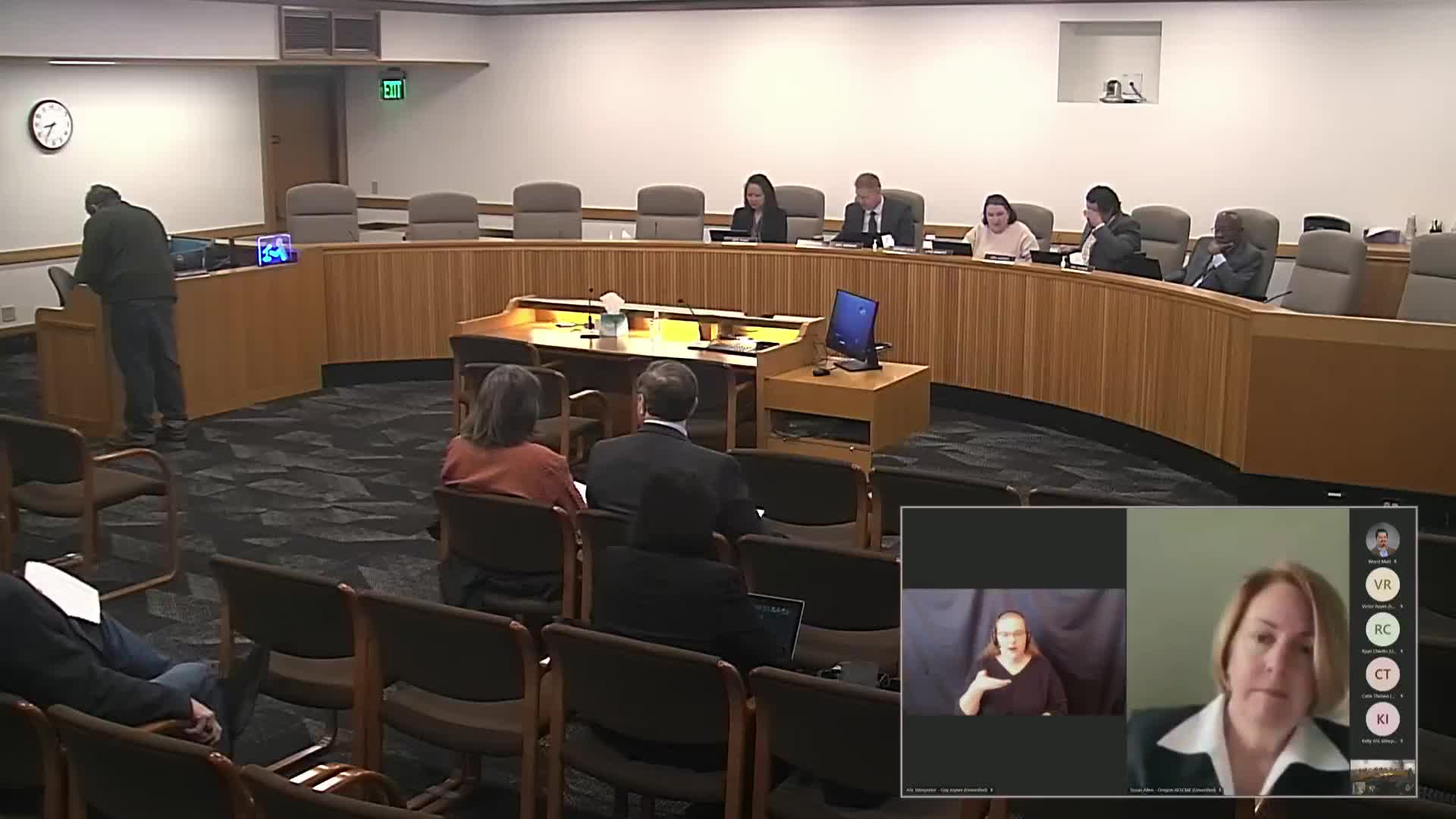
Bill would create escalating fines for public employers that delay union dues and employee lists
